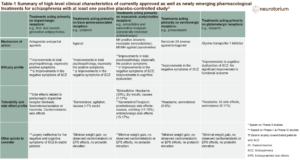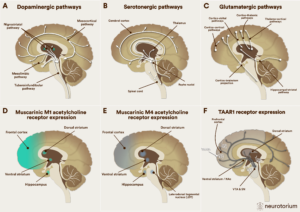Schizophrenia has been treated for more than 70 years with dopamine receptor antagonists or partial agonists, whose efficacy is thought to be related to a reduction of postsynaptic dopamine transmission. These so-called first- and second-generation ”antipsychotics” have been foundational for the management of schizophrenia and psychosis in general, but treatment gaps remain.
In this video Professor Christoph Correll discusses the challenges we have with the available schizophrenia treatments today. He also touches upon what clinicians should keep in mind when considering the emerging treatment options for their patients living with schizophrenia.





